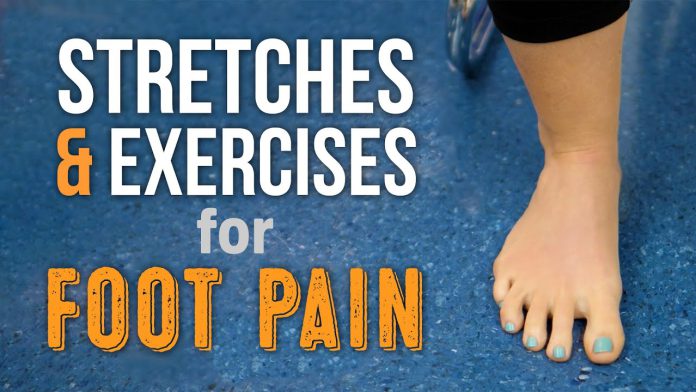Mencoret.com – Whether you have limited mobility or have a history of foot pain, there are a few exercises that can improve your mobility and reduce arthritic symptoms. One of the easiest foot arthritis exercises is a low-impact cardio workout that requires no gym equipment and can be done at home. Walking around can improve the brain-foot connection, improve balance, and reduce inflammation. Listed below are five exercises you can do every day.
Exercise tips that help relieve pain
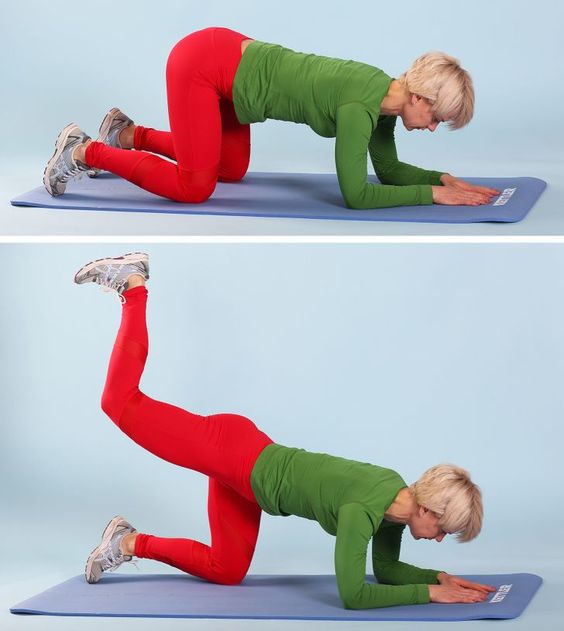
Besides walking, other foot exercises include jogging and swimming. These exercises help reduce the pain associated with arthritis by strengthening your feet and improving your balance. Stretching exercises help increase flexibility and range of motion. The latter is especially beneficial for people with foot arthritis, as they can relieve pain by promoting better flexibility. By performing these exercises regularly, you can enjoy a better quality of life and longer mobility. You can also seek the advice of a doctor for specific exercises.
It is important to consult with your healthcare provider before starting any new exercise routine, as the intensity of the exercises may be restricted by your condition. However, the more consistent you are with your exercise routine, the more you will improve your AROM. And with a regular exercise routine, you can gradually increase the intensity of your exercises as your mobility increases. But make sure to listen to your body and do not overdo anything!
Proper leg workout routine will ensure safety
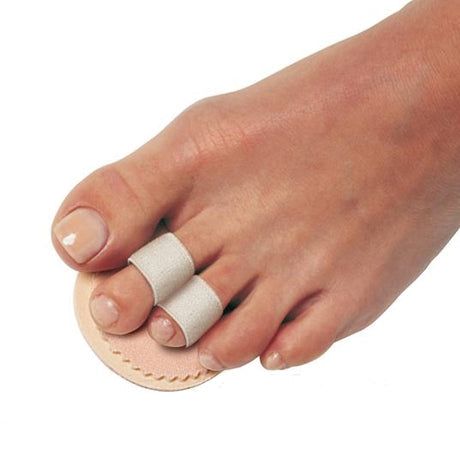
Foot arthritis exercises should be performed at least three times a day. You should start with two to three repetitions of each exercise at a time, and increase the number of repetitions you do every few days. If you experience new pain or symptoms while exercising, stop immediately and seek medical attention. This way, you will not make any worse or develop any new problems. A proper foot exercise routine will ensure your safety and help you recover faster.
Another simple exercise for a sore foot is to stretch your big toe with your hand. Gently press down the big toe with your other hand, and hold it for 15 to 30 seconds. Do this for two to four times, then switch the feet and repeat the exercise. This exercise can be done while lying on your back, or you can trace the alphabet with your heel. You can also try different variations of this exercise for your feet and ankle.
Toe extensions are a great exercise for heel pain
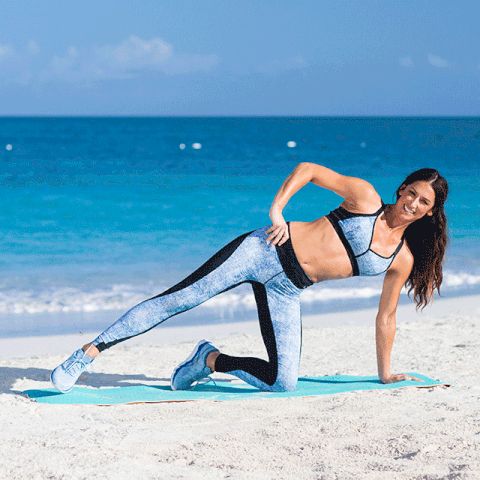
One of the most popular and easy to do foot arthritis exercises is toe extension. This is a great exercise for heel pain caused by plantar fasciitis. Performing this exercise helps stretch the plantar fascia, which is a band attached to the heel. If you have a tight plantar fascia, you will find it difficult to raise your toes. To perform this exercise, sit upright and place your left foot on the right thigh. While holding the stretch, gently pull the toes toward your ankle. The stretch should feel comfortable, and you should be able to hold it for 10 seconds. Repeat this exercise on each foot.
Another effective foot arthritis exercise is walking. While walking may be a great form of exercise, it can be difficult for arthritic feet or ankles. During this time, you may opt for Netflix over a long walk. You can also purchase Voltaren Arthritis Pain Gel to provide targeted relief for your arthritis pain. Soak in the benefits of these exercises, and you’ll feel better soon.
This exercise is useful and can be performed almost anywhere
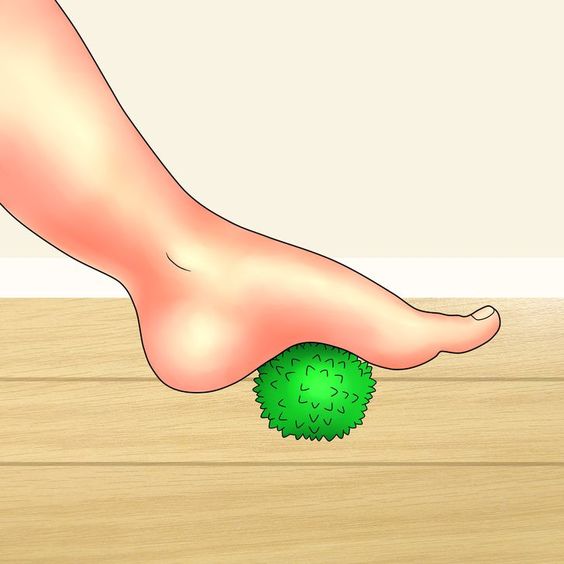
The best foot exercise is to exercise your feet as often as possible. A small ball, like a golf ball or lacrosse ball, can strengthen your feet and calves. Whether you’re walking on a beach or a sidewalk, you’ll find this exercise is beneficial and can be done almost anywhere you can find sand. To start, stand with your feet hip-width apart. Bend your knee and raise your foot until it rests on the inner thigh of your other leg. Next, bring your palms up to your heart center and balance yourself for 10 to 20 seconds.
If you’re new to exercise, talk to your doctor before beginning your workout. During your first few weeks, your doctor will give you guidance on the most effective exercises for your particular condition. Remember, you’ll need to take a break if you feel pain or swelling in your joints. You should also follow your doctor’s advice to avoid injuries. Finally, avoid pushing yourself too far too quickly. Stick to moderate exercise programs and gradually increase your intensity.

